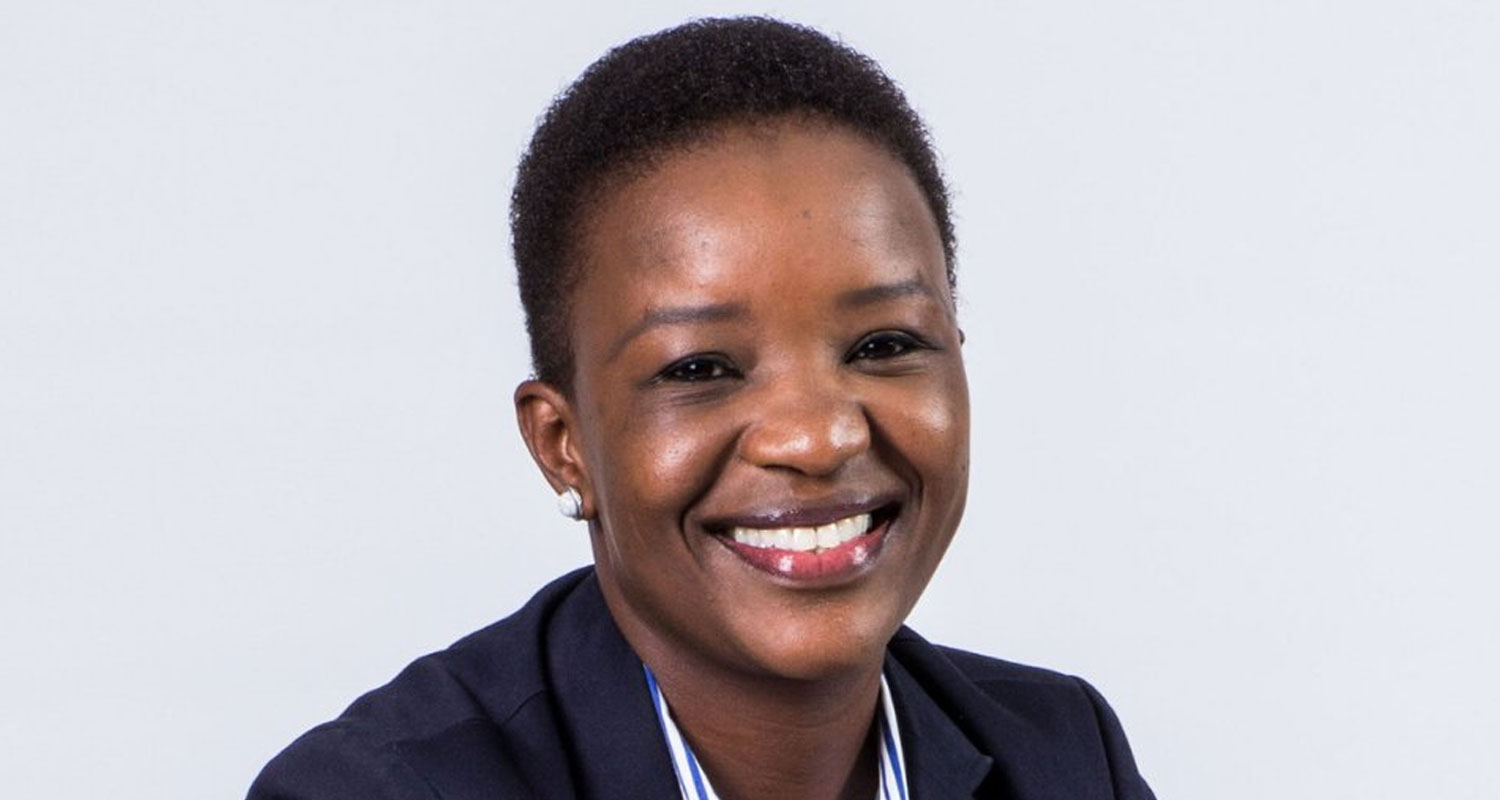
South Africa desperately needs skilled immigrants, yet our current visa regime makes it very hard to get them. That makes it more difficult for businesses to expand their operations. Foreign companies cannot commit to major investments in South Africa when they cannot be confident that they can send their top people into the country. South Africa has long aspired to be a gateway into the rest of Africa in attracting multinationals to base their regional headquarters here, but of course they cannot do that while it is so difficult to also station their regional leadership here.
I have heard many stories of the distress that senior business leaders from other countries face when trying to obtain visas to work here. Months of waiting for visa decisions means that businesses cannot make progress with investments. Families are often split with one spouse able to get a visa but their children then having to wait months, disrupting their education. A work visa application process takes almost six months, assuming there are no delays and ignoring the extensive time required to assemble the required documents. This situation is well recognised as an impediment to investment, and President Cyril Ramaphosa pledged at the 2023 South Africa Investment Conference that the visa regime would be overhauled.
The good news is that earlier this month a major step was taken to reform this situation. Operation Vulindlela, the joint initiative between the presidency and national treasury to drive policy implementation, published a detailed report on visas with good recommendations on how to improve the regime. This was immediately followed by the department of home affairs setting out an implementation plan to ensure the recommendations are adopted.
The Vulindlela report details the economic benefits of skilled immigration, including that it improves employment of unskilled labour and increases taxes generated. It also details the incredibly cumbersome visa application process, much of which is handled manually in physical paper form, which can easily get lost or damaged. Many of the requirements are incredibly difficult to meet, including that a police clearance certificate must be produced for every country the applicant has lived in for more than 12 months since they were 18. Many countries require in-person applications for police clearance certificates. Just imagine how that requirement would go down with a banking executive who has worked in group businesses across a dozen countries, which is exactly the kind of regional business leadership we should be trying to attract.
Recommendations
The report makes some excellent recommendations. Several concern improving efficiencies, including a streamlined documentation and adjudication process, modernised and automated IT systems, and increased capacity in its immigration branch. The most important recommendations are on the policy front. Chief among these is a trusted employer scheme, under which approved employers would have access to a simplified route to bring in skilled employees with the burden for much of the administration placed on the employer (such as qualifications and criminal record checks, the kinds of things employers are doing anyway). This could radically improve the experience of major multinationals. The report also recommends the introduction of a points-based visa system to integrate multiple visa categories and improve the objectivity of visa decisions, enabling highly skilled and well-paid workers to enter the country more easily. The report also recommends new categories for remote workers and for start-ups to attract the best global talent.
All of these are excellent improvements on the status quo, and I was especially encouraged that home affairs immediately responded with a detailed plan to implement the recommendations. Several of these will be done within 30 days, though deeper systems upgrades will take up to two years. Encouragingly, home affairs says it will implement the trusted employer scheme within three months, though the points-based system will take up to two years.
These regulations could greatly improve the business environment. Already businesses have been grappling with the loss of skills through emigration – the Vulindlela report notes that 900 000 workers emigrated in 2020, mostly to the UK and Australia. The vastly streamlined visa process will enable businesses to partly overcome this loss.
 These are major steps forward. It is good to see that businesses are being enabled to be part of the solution through the trusted employer approach. The system will, however, ultimately still depend on bureaucratic decision making, both in maintaining the scarce skills list and in processing applications. A centralised assessment of scarce skills is fundamentally unable to reflect what businesses across the economy need in an environment of rapidly changing requirements. We have previously advocated for more freedom for companies to determine their own skills requirements, with incentives to hire local employees driven by cost differentials rather than bureaucratic fiat. For example, foreign workers could be subject to a much higher skills development levy, enabling government to raise funding to improve domestic skills development.
These are major steps forward. It is good to see that businesses are being enabled to be part of the solution through the trusted employer approach. The system will, however, ultimately still depend on bureaucratic decision making, both in maintaining the scarce skills list and in processing applications. A centralised assessment of scarce skills is fundamentally unable to reflect what businesses across the economy need in an environment of rapidly changing requirements. We have previously advocated for more freedom for companies to determine their own skills requirements, with incentives to hire local employees driven by cost differentials rather than bureaucratic fiat. For example, foreign workers could be subject to a much higher skills development levy, enabling government to raise funding to improve domestic skills development.
Overall, I applaud Operation Vulindlela for another important step in unlocking policy blockages to getting our economy growing, and home affairs for rapidly embracing the recommendations. Organised business is a committed partner in supporting the reform process. The complete delivery of these reforms will be a very positive sentiment driver that South Africa is a good place for investment that welcomes skilled foreigners.
- The author, Busi Mavuso, is CEO of Business Leadership South Africa

